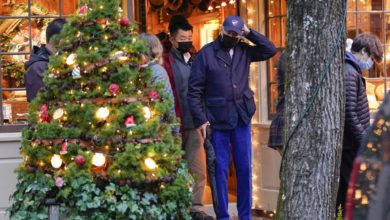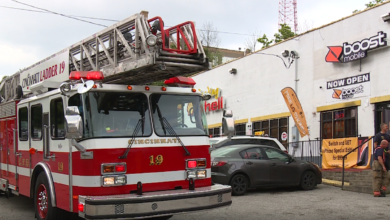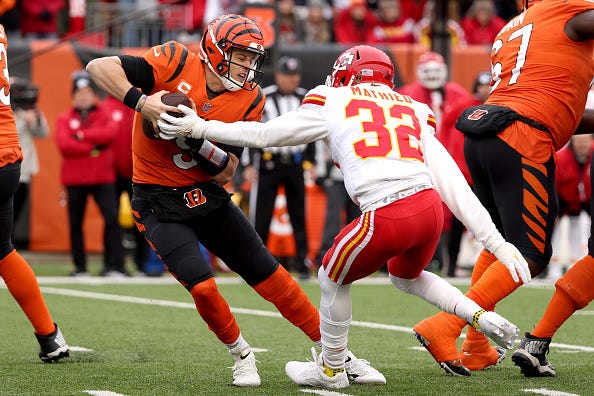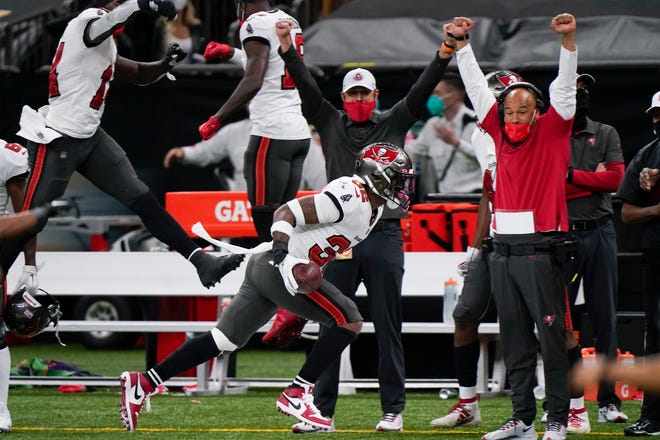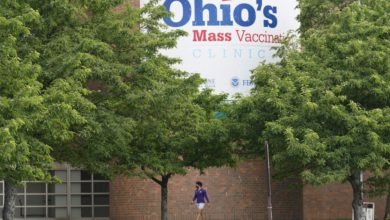
Scot Grossman and his team are finishing touches on this brand new, nearly two-mile stretch of trail that curves along Clear Creek Canyon in Colorado.
“It’s 65 miles, 5,600 vertical feet, going through multiple jurisdictions along the way. The biggest link to that 65 miles is Clear Creek Canyon, which we’re in right now,” Scot Grossman, the projects team supervisor at Jefferson County Open Space, said.
By the end of August, this part of the trail will be open for walking and biking.
“We finished about three miles in 2017; this is a mile and three quarters right now. We have funding for another three and a half miles, which will leave roughly a five-mile gap, and that's really where that federal money comes in,” Grossman said.
He has watched as segments of this 16.5-mile missing link on the Peaks to Plains trail project have come to life -- funded by state money, federal transportation dollars, and other grants.
“Big public projects like this, big capital projects, take money from all over. It can’t just be the local jurisdiction taking on something of statewide significance like this,” he said.
That’s where federal funding can play a role and where President Joe Biden’s proposed infrastructure plan might fill a gap.
“The federal jobs act is a huge one for us to be able to leverage the funding we do have, which is significant but not enough to finish something like this,” Grossman said.
And projects like this exist around the country.
“I bet all of you can think of a place in your neighborhood where you're like, ‘Oh, I can make that two-mile trip on my bike, except I have to cross that one road that feels very dangerous.’ Putting this kind of investment into biking and walking will help find a solution to things like that,” Caron Whitaker, Deputy Executive Director of the League of American Bicyclists, said.
Whitaker says the larger infrastructure package being discussed could help shift gears in how we travel.
“There's a lot of projects that are on the backlog that cities and towns and even states have wanted to do for a long time but just haven’t had the funding. So the infrastructure package would give them that funding,” Whitaker said.
The issue right now is that no one in the federal government has agreed on what should be in the plan that gets implemented.
“So there are competing bills in the Senate and the House, and there’s going to have to be some negotiation, and the bills look very different,” Nick Klein, an assistant professor at Cornell University in the department of city and regional planning, said.
Klein said it’s not clear whether this bill will be what we normally see for transportation policy or if it will be something different.
“In public opinion surveys, the American public wants to see a future with more walking, cycling, and transit. By and large, that’s what people want us to focus on,” Klein said.
“The infrastructure bill is very important because it sort of sets the agenda for where and how we’re going to spend billions and billions of dollars,” he said.
Back at the Peaks to Plains project, Piep van Heuven with nonprofit advocacy group Bicycle Colorado said projects like this couldn't be done without federal funding.
“We don't have a lot of detail yet on the infrastructure plan, but there are three very good indicators; one is that the funding of bicycling and walking is likely to increase, possibly double,” she explained. “And [the plan] also uses language like ‘fix it right,' which is a nod to Complete Streets or the philosophy that when you build a road or maintain a road, you want to do so for everybody. So that’s for people driving and biking and walking.”
Construction on this trail continues -- paving the way for what other user-friendly trails could look like moving forward.
“Having those federal dollars in focus to be able to complete things like this is enormous,” Grossman said.
“This is a great example of exactly the kind of bike and pedestrian multi-use path that we want. It’s the creme de la creme,” Van Heuven said.


